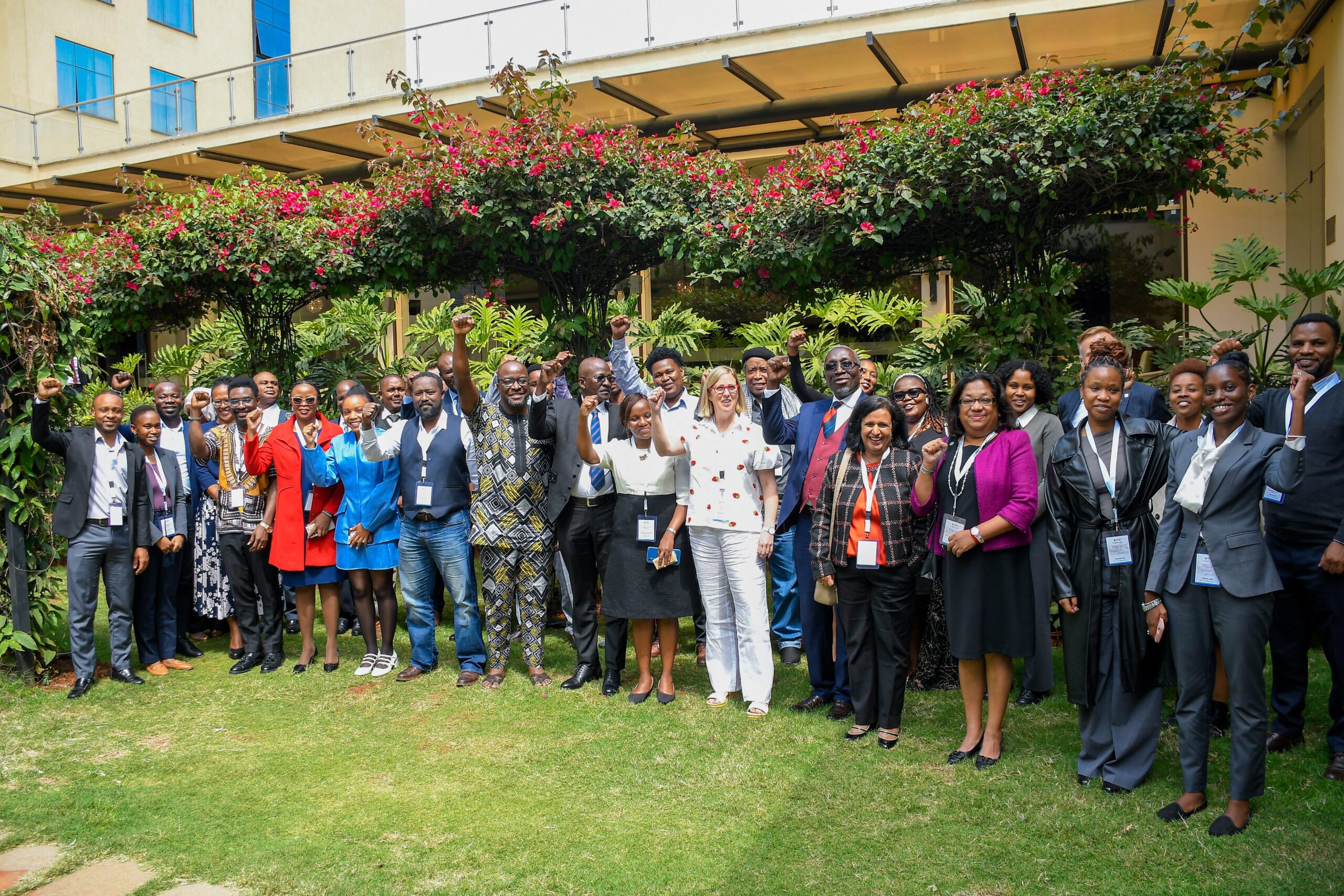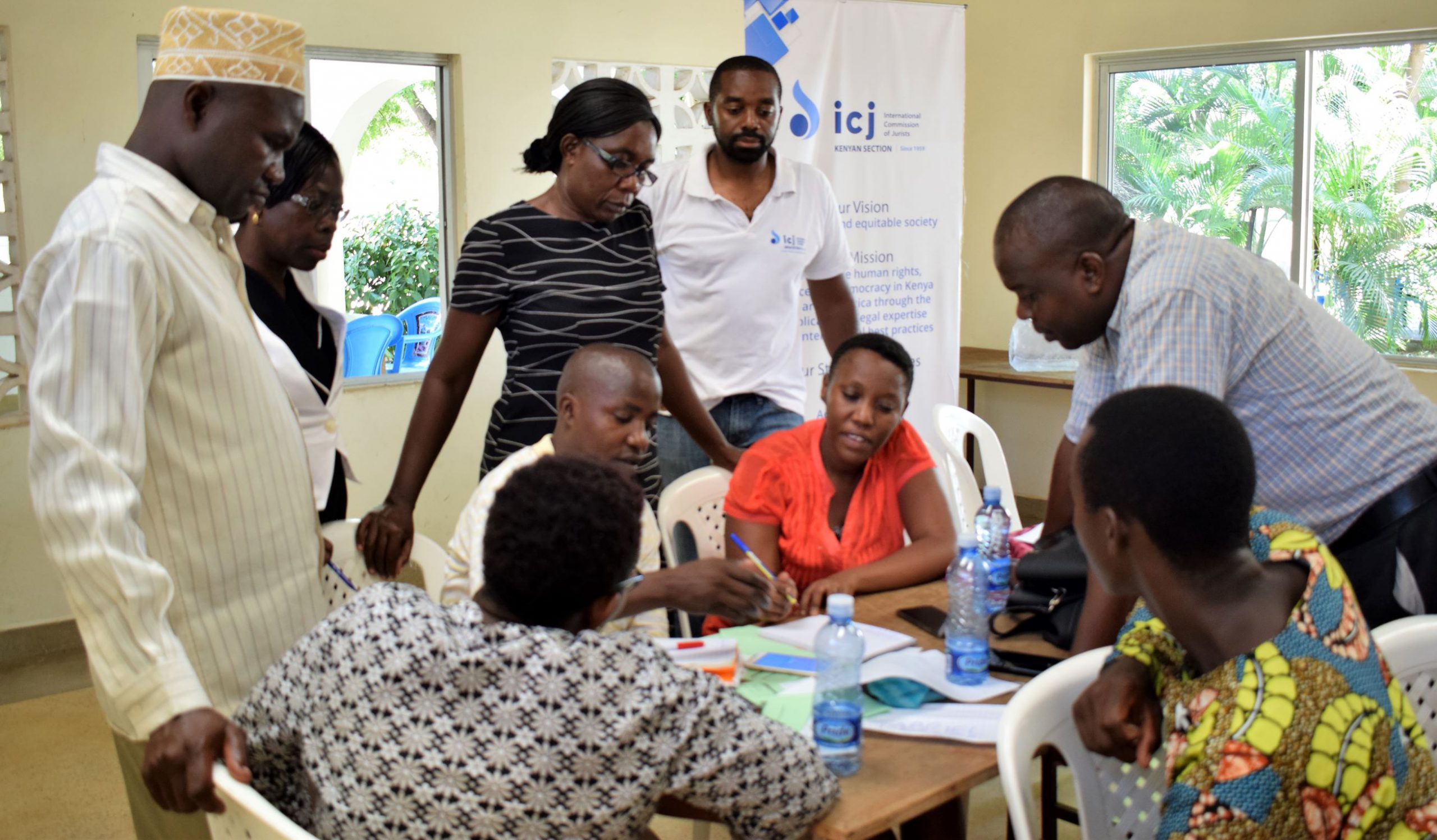ICJ Kenya, the University of Nairobi School of Law and Konrad Adenuer Stiftung held an Inter-varsity debate on elections and elections systems in Kenya. The debate was held on Friday 22 February 2019 at the University of Nairobi, School of Law.
Youth representatives from various political parties and universities were represented either as judges for the debate, panelists or participants in the conference. The objective of this debate was to have young people, both at campus level and those in active politics, engaging in pertinent issues in Kenya’s Electoral system.
In Kenya, debates around the electoral system pick up steam especially in the electioneering period. This has led to low levels of civic education on the linkages between free and fair elections and democratic governance.
This is the first of a series of annual debates at Kenya’s Universities aimed at exposing and expanding the conversations on electoral reform. This project is also hoped to improve youth participation and inclusion in the political process in Kenya.
The debate questions revolved around voting systems and processes, the presidential system of governance, previous elections, election violence, the role and representation of the youth and women in elections.
Panelists discussed the principles of the electoral system in Kenya including the freedom of citizens to exercise their political rights under Article 38 that not more than two-thirds of the members of elective public bodies shall be of the same gender, universal suffrage based on the aspiration for fair representation and equality of vote and free and fair elections which are by universal suffrage based on the aspiration for fair representation and equality of vote and fair representation of persons with disabilities.
Kenya’s electoral management body IEBC also faced numerous criticism and questions as to its independence have been raised by various stakeholders.
As Kenyans continue in another electoral cycle, there were many questions that came from the debate and the panel which included:
- Why is Kenya’s Election process one of the most expensive in the world? Are the results worth the pay and the general contribution to democracy
- Some developed countries are moving away from an electronic voter system to manual voting system this begs the question for Kenya, Is the legal provision requiring that elections Must be carried out electronically, causing more damage?
- Do Alternative forms of Dispute resolution in electoral disputes like “The Handshake” resolve major problems in our election processes such as the influence of ethnicity?











